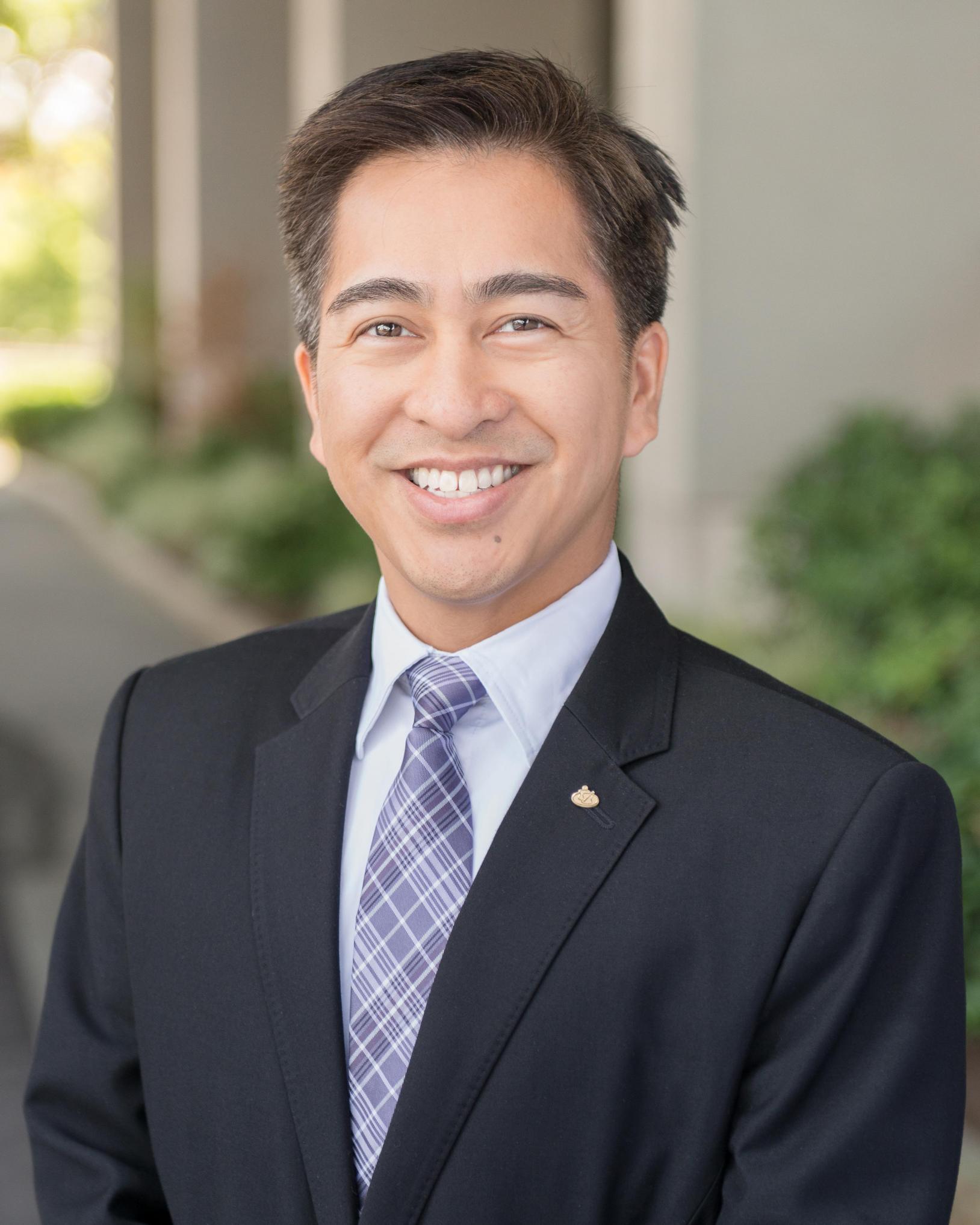President's Message: Alex Dar Santos

In November, I attended the B.C. College of Pharmacists' board meeting to talk about pharmacist prescribing. As a stakeholder I appreciated the invitation. It was important to convey the views of the BC Pharmacy Association and our membership, as well as my personal views as a community pharmacist. The College Board passed the motion, and although there were restrictions that affected community pharmacists, it was a step in the right direction. With other provinces already allowing pharmacist prescribing, our next task is to ensure our government sees the clear benefits of pharmacist prescribing as one way for us to help fix a struggling health-care system. We need to also address these restrictions, and using some sound evidence from other jurisdictions, remove the ones which create barriers and do not provide any protection to the public.
So, I am optimistic that pharmacist prescribing will become a reality in B.C. soon, and that all pharmacists will be able to better treat their patients.
But what about conflicts of interest? Can a pharmacist, and in particular a pharmacist-owner, be both the prescriber and dispenser? My answer is yes. Pharmacists face this whenever they recommend OTC products. Every health-care professional with a billable service faces an inherent conflict every day. Health-care professionals are bound by their code of ethics to do the right thing for their patients. We must ultimately hold ourselves accountable, as pharmacists, to stay on the moral high ground, and deal swiftly and justly with those rare few that choose not to. I have confidence in our College to ensure that pharmacists avoid such conflicts and emphasize the importance of putting the patient first.
And what about the doctors? Certainly when there is change, there is bound to be resistance. I recently asked a doctor what he thought about the notion of pharmacist prescribing. He thought for a moment and then provided some pragmatic commentary. Firstly, he stated that other professionals, from nurse practitioners to naturopaths already do so (and the fact that the latter do so is a topic for another day). Secondly, he stated that doctors will then end up looking at the other billable services they provide and start focusing on other things, such as complex patients with multiple chronic conditions. He then lamented that pharmacists will probably have a role with complex patients as well, with services such as medication reviews, vaccinations, disease management and education. I think it is fair to say that while he wasn’t endorsing the notion, he found the rationale for it, and ultimately this is all that we can ask.
Which raises the question, why should pharmacists want these extra responsibilities? To borrow a phrase from President John F. Kennedy: "we choose to prescribe and do the other things…not because they are easy, but because they are hard; because that goal will serve to organize and measure the best of our energies and skills, because that challenge is one that we are willing to accept, and one we are unwilling to postpone."
The primary reason for expanded scope of practice is simple: it’s for our patients. This means better access, reduced costs to the system, improved health outcomes and allowing other health-care professionals to be mobilized in other ways. I believe that pharmacists will always strive to do what is right for their patients.
